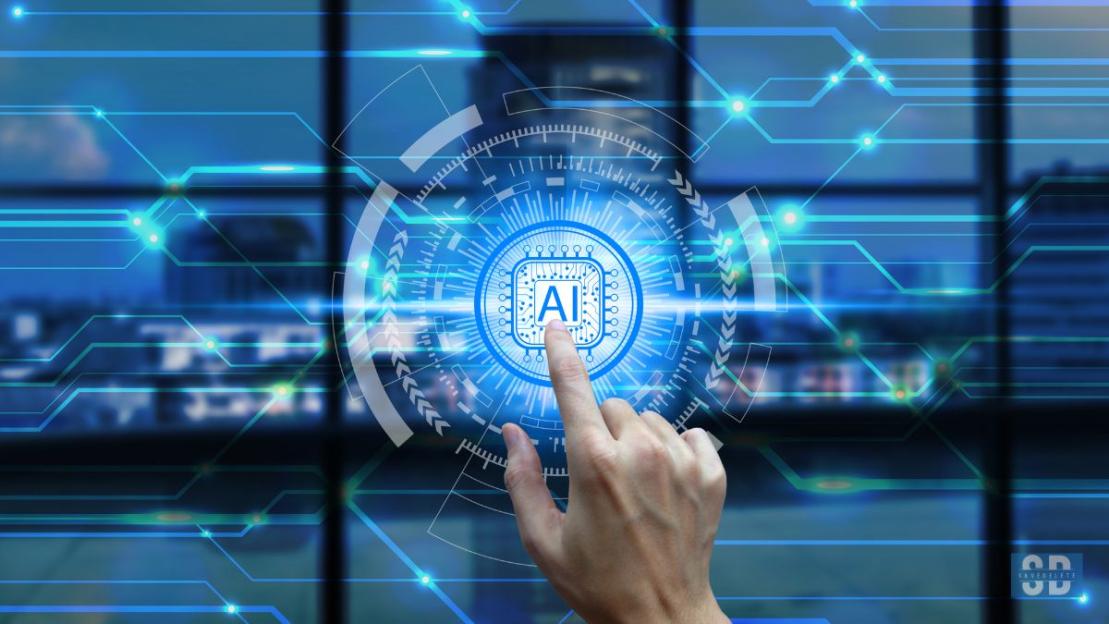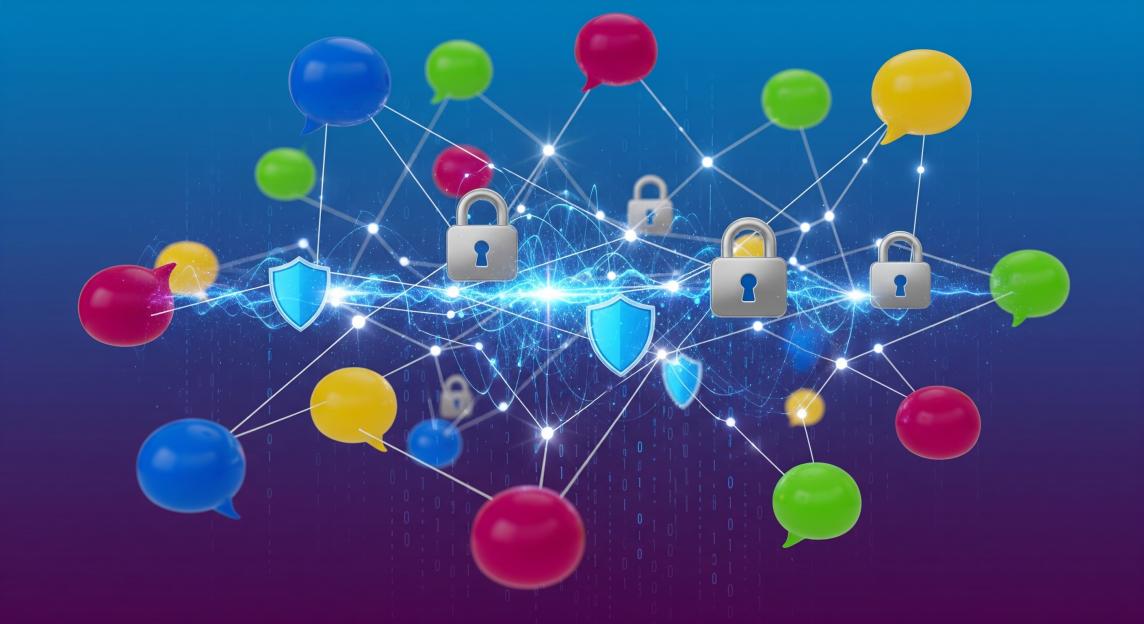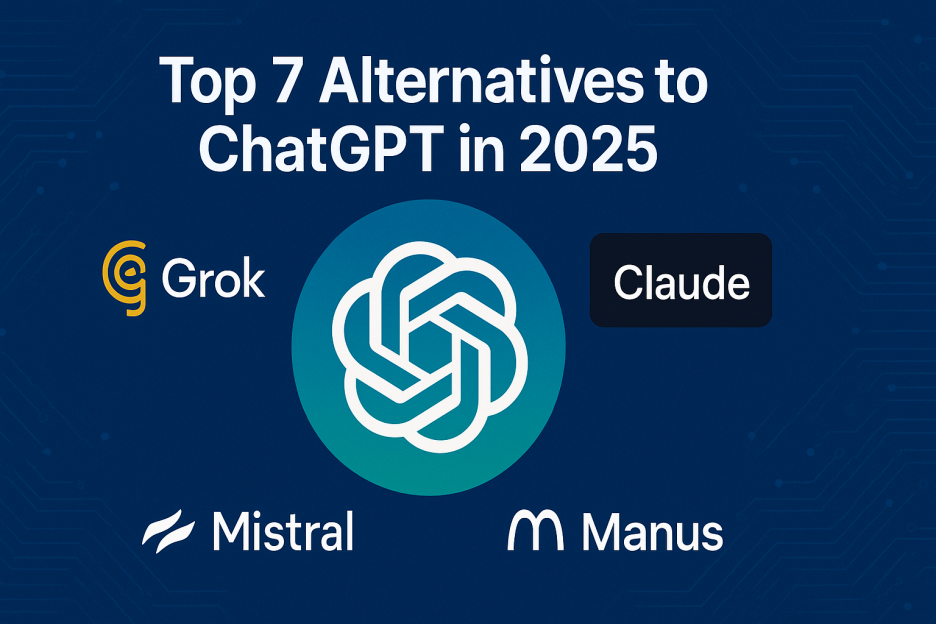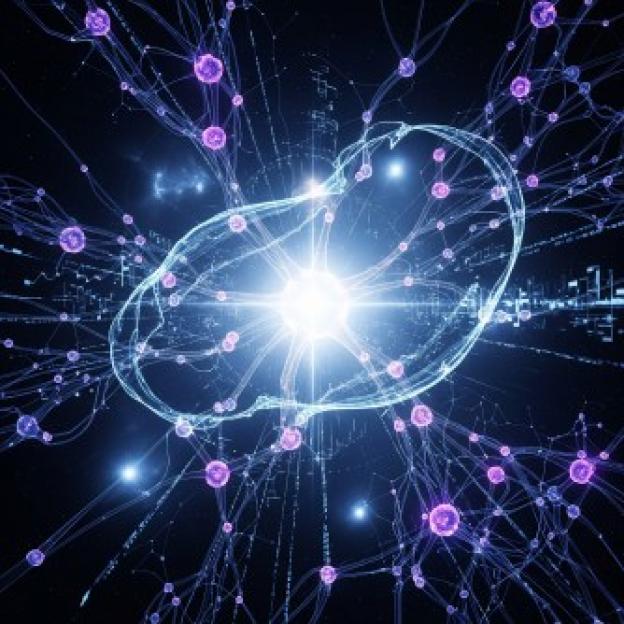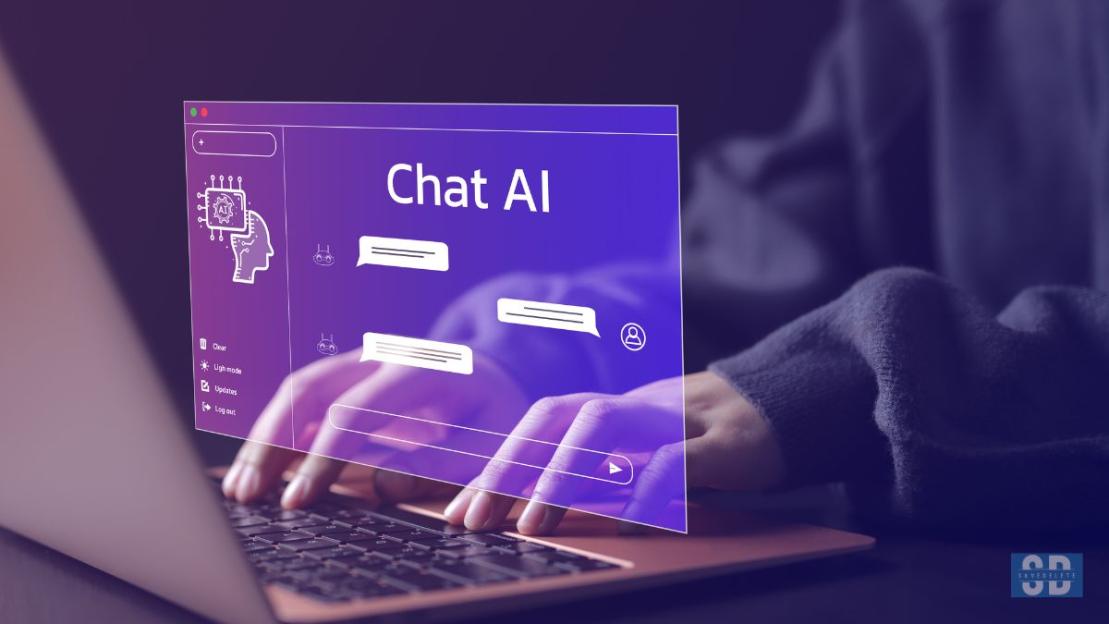Artificial Intelligence (AI) has shifted from being a futuristic concept to an invisible partner in our daily lives. In 2025, AI doesn’t just live in research labs or tech giants’ data centers — it’s embedded into the devices, systems, and processes we use every day.
While some AI applications are obvious, like voice assistants or self-driving features, many work quietly in the background, optimizing, predicting, and personalizing without fanfare. This article explores ten subtle yet powerful ways AI shapes your routines — often without you even noticing.
1. AI-Powered Personal Health Monitoring
In 2025, wearable devices go far beyond counting steps. Smartwatches, fitness bands, and even smart rings now use AI-driven algorithms to monitor heart rhythms, blood oxygen levels, and even detect early signs of illnesses.
For example, Apple’s latest health AI detects irregular heartbeat patterns and cross-references them with your recent activity, diet, and stress levels to recommend adjustments — sometimes before you feel symptoms. Similarly, startups like WHOOP use AI to analyze micro-patterns in sleep and recovery, helping users make better lifestyle choices.
Expert insight: Dr. Emily Zhang, biomedical AI researcher at MIT, notes, “The major shift in 2025 is predictive healthcare. We’ve moved from measuring data to using AI to foresee risks and act proactively.”
2. Seamless Language Translation in Real-Time
Language barriers are fading. Whether you’re traveling or attending an online meeting, AI-powered translation tools such as Google Translate’s live transcription and Meta’s real-time speech interpretation now offer near-human accuracy.
What’s revolutionary is contextual understanding. In 2025, AI translators don’t just swap words — they adapt tone, idioms, and cultural nuances. A Japanese business phrase can be rephrased in English not just correctly, but in a way that maintains the intended politeness level and emotional weight.
3. Smarter Home Energy Management
Smart homes are no longer just about turning lights on and off with your phone. AI now optimizes energy use by predicting your household patterns.
For instance, Nest’s latest AI thermostat learns your work-from-home schedule, weather forecasts, and even local energy grid load. It automatically adjusts heating or cooling, saving up to 25% on bills without compromising comfort.
By 2025, these systems also collaborate with local utilities, feeding excess solar energy back to the grid at peak demand, further reducing costs and environmental impact.
4. Personalized Education and Learning Paths
Whether you’re learning a new language or upgrading professional skills, AI tutors now deliver tailored lesson plans. Platforms like Duolingo Max and Coursera Plus use AI to analyze your learning pace, weaknesses, and preferences, then adapt content dynamically.
An engineering student might get extra visual simulations for complex physics concepts, while a language learner receives more conversational practice if they excel in grammar.
Mid-article anchor placement: In fact, if you ever get stuck while studying, it’s now completely natural to ask AI a question and receive a personalized, context-aware answer that feels more like a conversation than a search result.
5. AI in Grocery Shopping and Meal Planning
Online grocery apps now predict your needs before you add items to the cart. Using purchase history, seasonal trends, and even local weather, AI systems can recommend what to buy and when.
Example: If rain is forecasted, the app might suggest ingredients for soups and warm dishes. Some even integrate with your smart fridge to track expiration dates and recommend recipes that use up ingredients before they spoil.
6. Hyper-Personalized Media Recommendations
Streaming services in 2025 don’t just suggest shows based on what you’ve watched. They analyze your current mood, time of day, and even biometric data from wearables to recommend the right content.
Imagine logging into Netflix after a stressful day at work — AI detects your elevated stress levels via your smartwatch and queues up a feel-good comedy.
7. Background Cybersecurity Protection
You may not notice it, but AI now works silently to guard your online life. From detecting phishing emails to blocking fraudulent transactions, AI security systems constantly monitor anomalies.
Banks employ AI models that compare your real-time spending behavior to years of historical data, stopping suspicious transactions in milliseconds.
8. Real-Time Traffic and Commute Optimization
Navigation apps in 2025 use AI not only to guide you around traffic jams but also to predict traffic before it happens. AI processes live camera feeds, accident reports, and road sensor data to suggest the fastest and safest routes.
Public transport systems now use similar AI to adjust bus and train schedules dynamically based on passenger flow patterns.
9. AI in Mental Wellness Support
AI chatbots for mental health have matured dramatically. Tools like Wysa and Replika offer empathetic, context-aware support, while medical-grade AI therapists can detect early signs of depression or anxiety from subtle changes in your voice or typing patterns.
They don’t replace human therapists, but in 2025, they bridge the gap between needing help and getting help — available instantly and without stigma.
10. Behind-the-Scenes Workplace Automation
From drafting reports to managing project timelines, AI quietly boosts productivity in offices worldwide. Microsoft 365 Copilot and Google Workspace AI tools now summarize meetings, suggest next steps, and even auto-generate emails with tone matched to the recipient.
This invisible assistance frees professionals from repetitive administrative work, letting them focus on higher-value tasks like strategy and creativity.
Conclusion
The AI revolution in 2025 is less about flashy robots and more about seamless integration into everyday life. From the food you eat to the routes you take, AI is a silent partner, shaping your experiences for convenience, safety, and efficiency.
While debates about ethics, bias, and privacy remain, one thing is certain — AI will keep evolving, often in ways you won’t notice until you pause to think about how much it has already changed your world.
